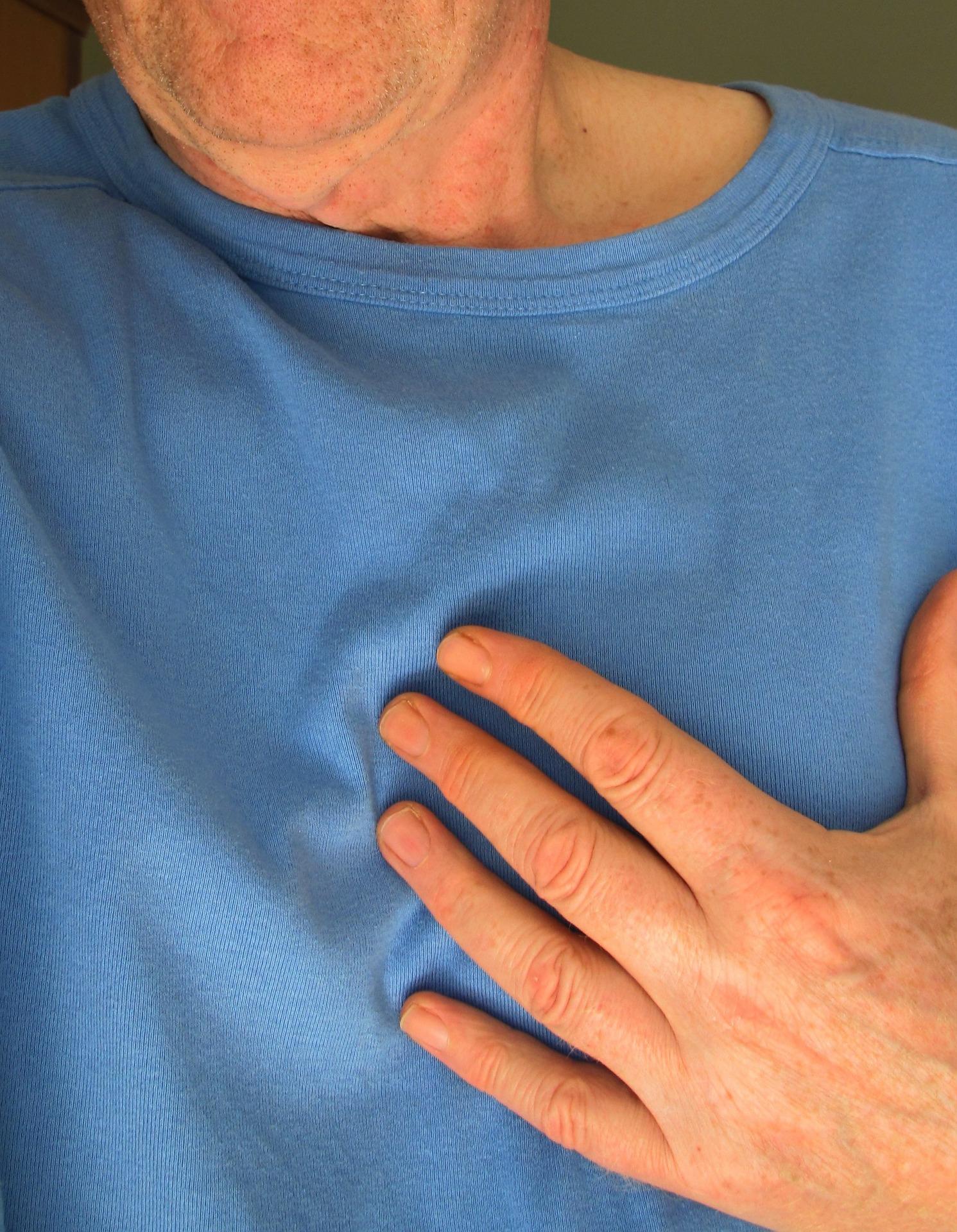Lockdown lowers incidence of heart arrhythmia

During the first 100 days of COVID-19 people in the US being monitored for heart problems experienced fewer episodes of arrhythmia than before the pandemic. The fall was greatest where the pandemic hit hardest.
“We analysed data from patients in the US during COVID-19 who had implantable cardioverter defibrillators (ICDs) which help their hearts to beat normally during stressful events,” says Dr Catherine O’Shea from the University of Adelaide, who led the study.
“There was a 39 per cent fall in arrhythmia in the patients who lived in the states worst affected by the pandemic,''Dr Catherine O'Shea
“Episodes of ventricular arrhythmia, a type of arrhythmia which can cause sudden cardiac death, decreased by 32 per cent in the first 100 days of lockdown which is contrary to what we expected.
“Given that previous world events have demonstrated an increase in the incidence of cardiac arrhythmia and heart attacks we assessed the impact of the pandemic through increased stress, lockdown measures, and access to healthcare or changes in financial situations.
“There was a 39 per cent fall in arrhythmia in the patients who lived in the states worst affected by the pandemic.
”The study, published in the prestigious European Heart Journal [1], examined data from 5963 patients with ICDs in the US from 21 January 2020 when the first case of COVID-19 was identified until 29 April. During this 100-day period each patient had an average of 2.8 events in which their ICD had to assist their heart.
This data was compared to a similar period at the end of 2019 where there was an average of 3.9 events per patient, and the same period in early 2019, to check if seasonality influenced the results.
People with ICDs have them implanted as they are at greater risk of sudden cardiac death.
The pandemic is associated with record unemployment figures and the temporary closure of many businesses. Many people have been working from home and consequently avoid workplace-associated stresses, especially Mondays when, according to previous evidence, people’s hearts get most stressed.
Ventricular arrhythmias can be life threatening and lead to sudden cardiac death in people of all ages.
The Centre for Heart Rhythm Disorders is led by Professor Prash Sanders, world leader in research of heart rhythm disorders.
“Significant world events have historically coincided with a substantial rise in heart attacks and the need for ICDs to assist people who have them already fitted,” says Professor Sanders.
“The health consequences of such events may be long-lasting, with documented increases in heart attacks for up to three years following earthquakes and tsunamis.
“Interestingly, a decline in hospitalisation for cardiovascular-related illness during COVID-19 has been documented in many countries, seemingly attributable to fewer people needing medical attention for heart problems.
“The results from this study highlight the potential role of real-life stressors in ventricular arrhythmia burden in individuals with ICDs.”
[1] “Ventricular arrhythmia burden during the coronavirus disease 2019 (COVID-19) pandemic”, by Catherine J. O’Shea et al. European Heart Journal. doi:10.1093/eurheartj/ehaa893
The paper is published online at: https://academic.oup.com/eurheartj/article-lookup/doi/10.1093/eurheartj…
Media Contacts:
Dr Catherine O’Shea
The University of Adelaide
Mobile:+61 (0)408 897 70
Email: catherine.oshea@adelaide.edu.au
Dr Melissa Middeldorp
The University of Adelaide
Mobile: +61 (0)431 315 339
Email: melissa.middeldorp@adelaide.edu.au
Professor Prash Sanders
Director, Centre for Heart Rhythm Disorders
University of Adelaide
South Australian Health and Medical Research Institute
Director, Cardiac Electrophysiology & Pacing, Royal Adelaide Hospital
Mobile: +61 (0)434 073 090
Email: prash.sanders@adelaide.edu.au
Elisa Black
Manager – News and Media
The University of Adelaide
Phone: +61 (0)466 460 959
Email: elisa.black@adelaide.edu.au
